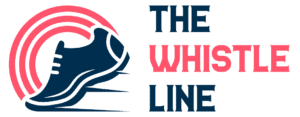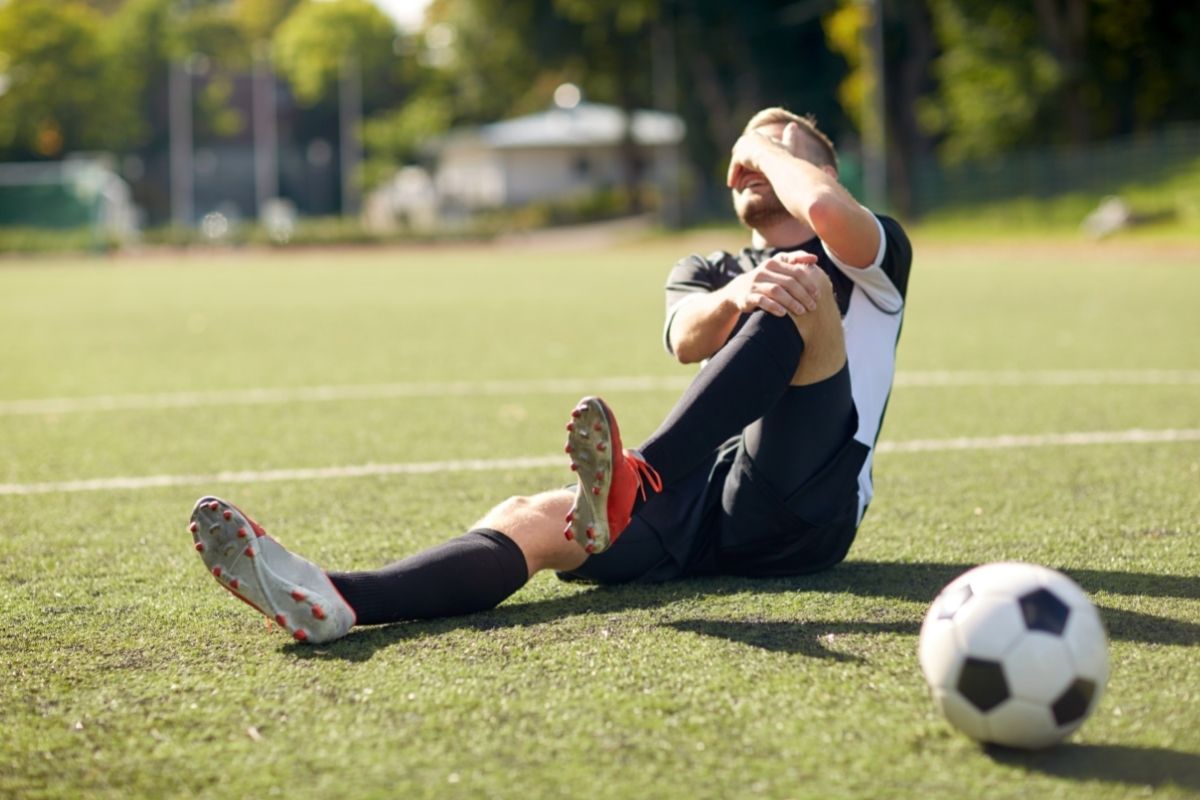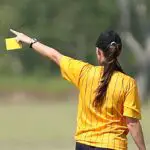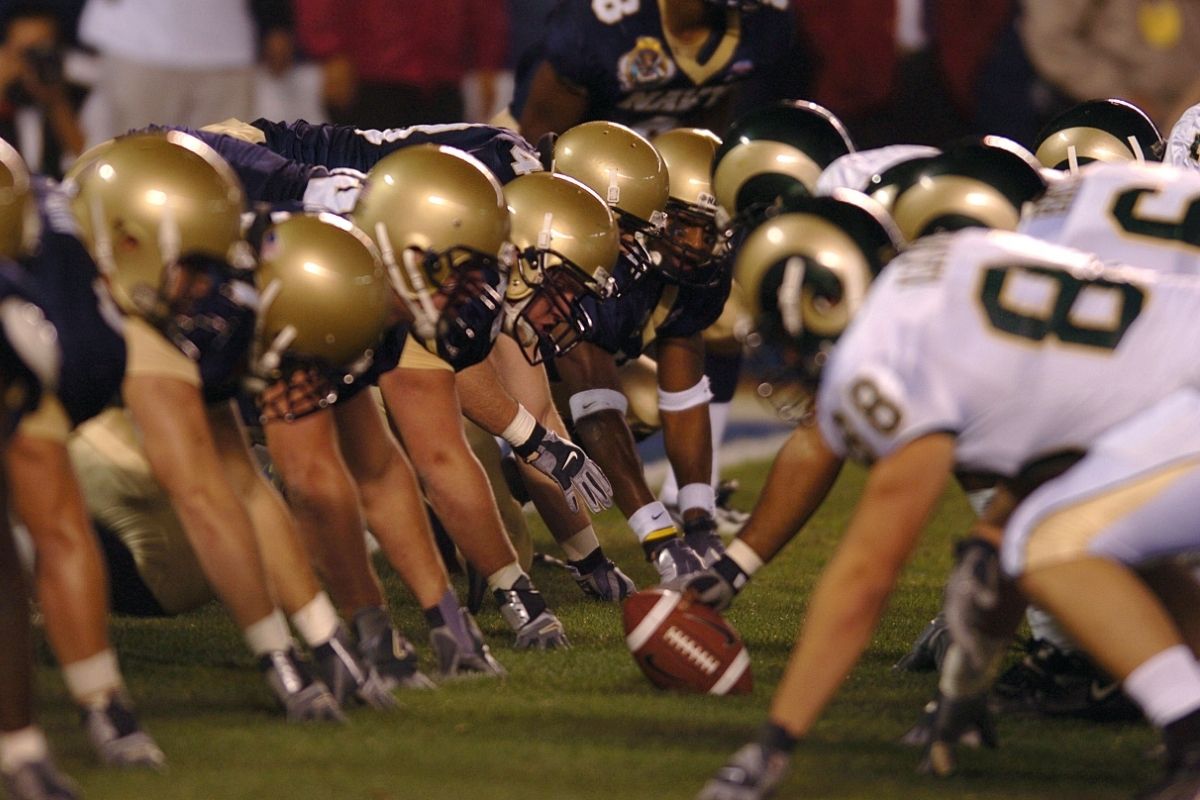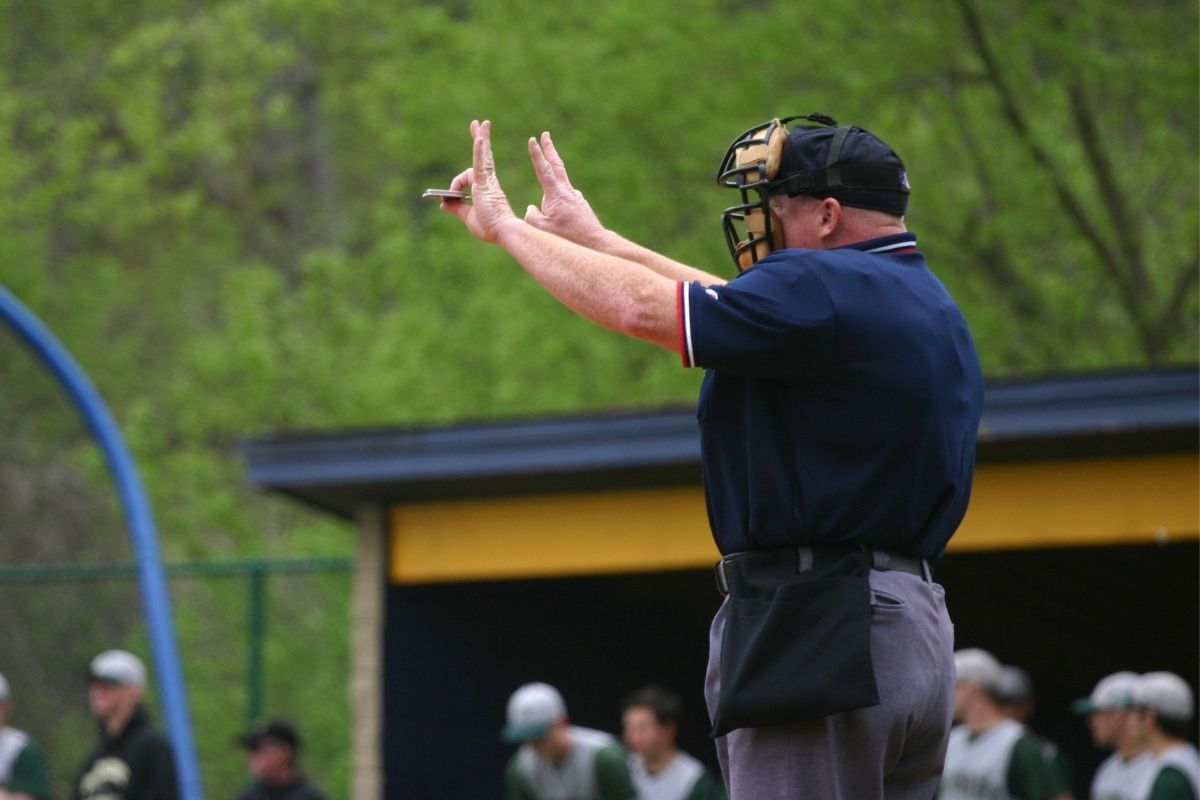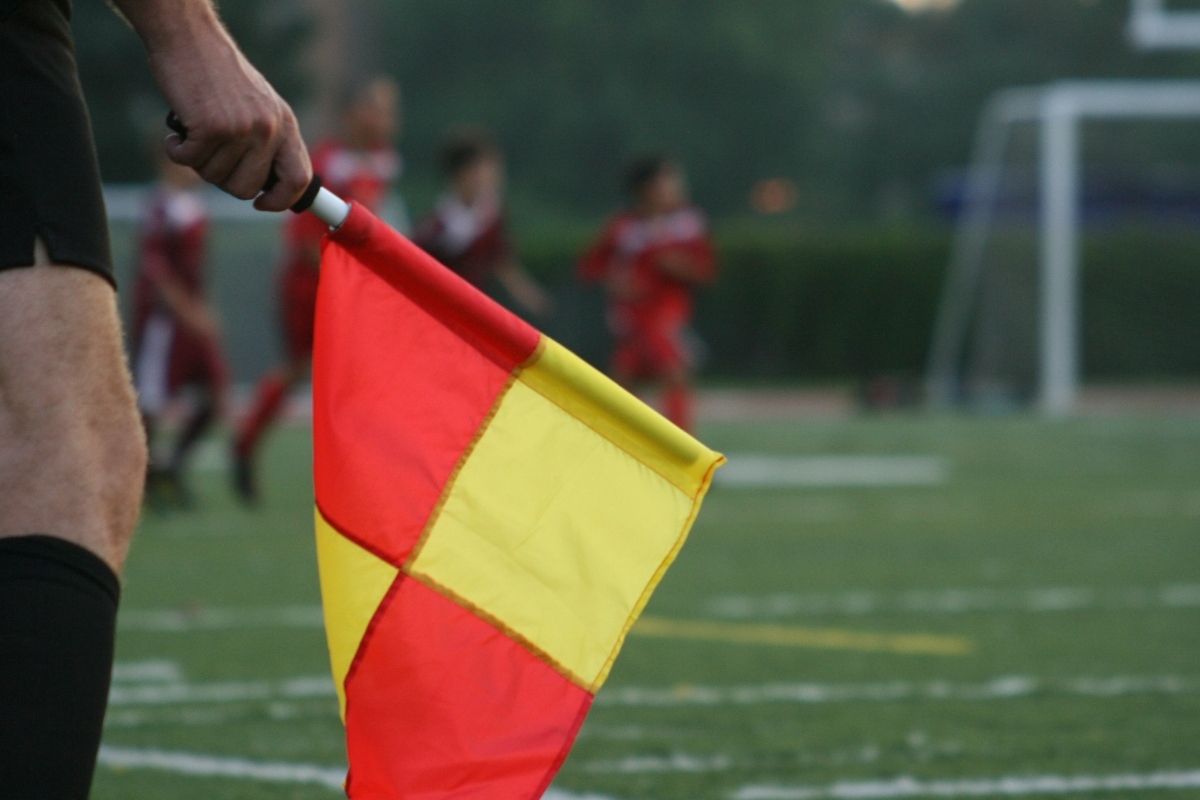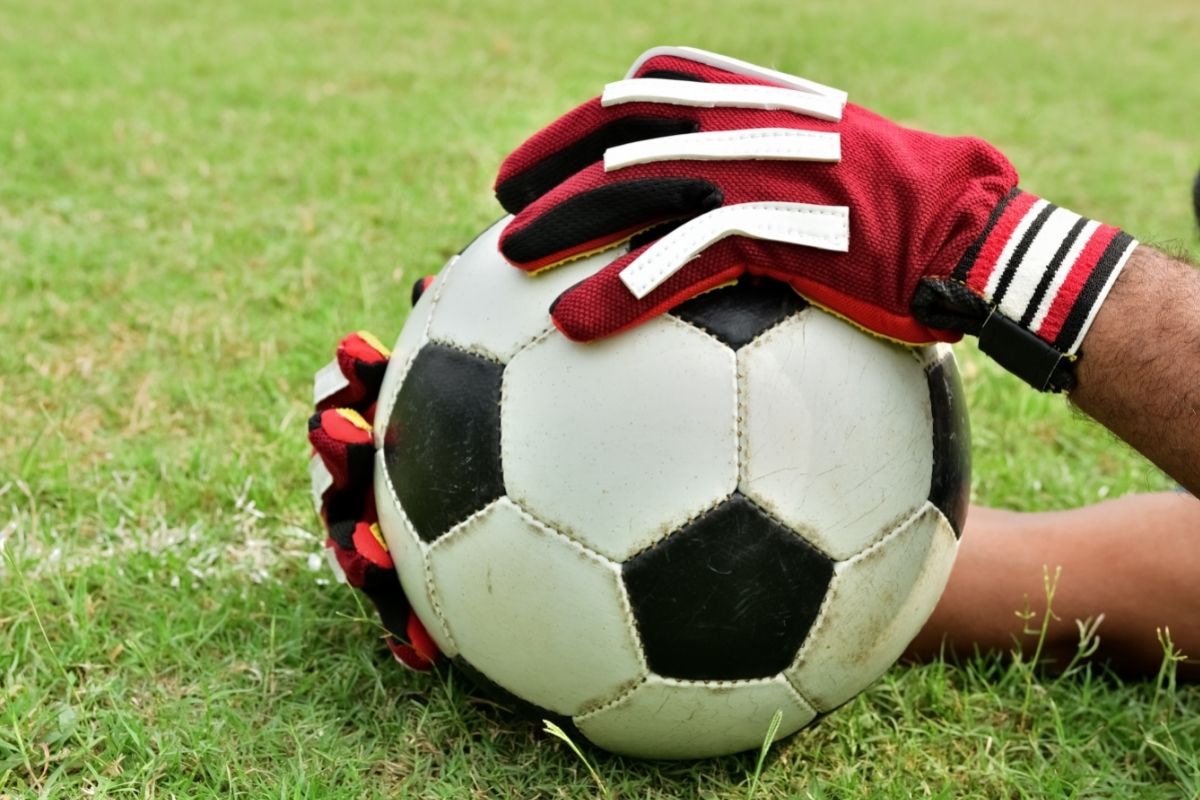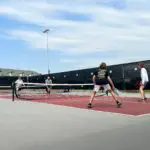For the longest time, soccer players have gained a reputation for, sometimes, faking injuries during a game in order to receive a higher advantage against their opposing team.
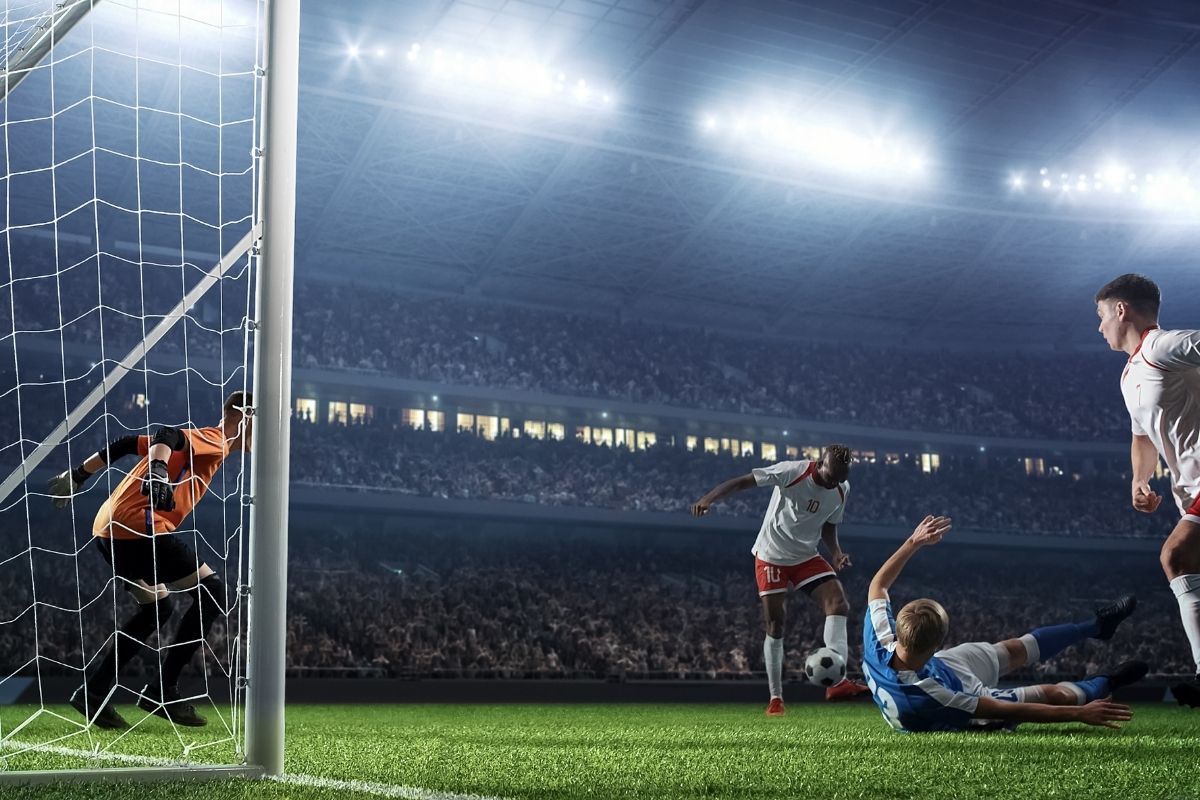

Is this fair? What are the consequences of committing a player simulation in a game?
In this article we will be discussing what happens when a player gets caught diving during a game, and how this can affect their reputation, as well as their overall career.
What Is A Penalty In A Soccer Game?
A penalty is a violation committed inside the 18-yard box, close to a team’s goal. Within the 18-yard box, these fouls are only committed by the defending team towards the attacking team.
When an attacking player is fouled in the box, the opposing team gets awarded a penalty kick.
Only the goalkeeper is allowed to defend the goal nets, as the shot will be taken from 12 yards (10.97 meters) yards from the goal’s location.
Due to the increased probability of scoring from a penalty, penalties are generally decisive elements in soccer games.
To evaluate whether a foul in the 18-yard box justifies a penalty, the official must use their knowledge of the Laws of the Game, along with their personal judgment, prior to witnessing the event play out.
Situations like these are almost never straightforward. Many fouls may be called on the playing field, but if they occur within the penalty area, a referee may choose not to declare them for concerns of disrupting the game.
Such fouls do not always result in a yellow or red card for the offending player, but they might on occasion, depending on the type of the foul, as well as the referee’s decision.
Why Do Players ‘Dive’?
Attacking players will sometimes cheat opponents in order to gain a penalty for their team. This is referred to as ‘penalty-hunting,’ ‘flopping,’ or ‘diving.’
The collective term given to this act is a ‘simulation’.
During a game, soccer players dive in an attempt to generate a foul.
The referee will then have the authority to pause the game, grant a free kick, or even remove the offending player from the game.
A penalty kick – a clean shot towards the opposing goal by any player of the team’s choice – can be awarded for a foul in front of the opponent’s goal.


Because the time rarely pauses during a game, and each score has such an impact in soccer, landing a penalty gives the team a much bigger advantage.
This type of deceit entails the danger of repelling supporters across all sports, which could ultimately work against the player, even if it doesn’t affect their career on the field.
As a result, players are (rightfully) under pressure to be as fair as possible.
Can An Opposing Team Receive A Penalty For Diving In Soccer?
As of 2022, a team will not receive a penalty if a player from the opposing team gets caught diving during a soccer game.
This may come as a surprise to some people, as this is an act that is fouled upon by many players and supporters of the sport.
As we briefly mentioned earlier, the act of diving can cause the individual player to lose respect from their fans, as well as other players.
However, this does not mean that there are not other punishments that can be given to a player that dives – and gets caught doing so – during a game.
Other Consequences Of Diving In A Soccer Game
Given that diving is clearly a form of cheating, you’d think there would be more opportunities for punishment.
This has been a topic of great discussion for several years, and it is still being debated to this day.
However, there are consequences for a player who gets caught diving during a game of soccer, and these consequences can be much worse than allowing the opposing team to receive a penalty kick.
Yellow Card
As of 2022, the punishment for getting caught diving during a soccer game is to receive a yellow card.
In soccer, the referee will use a yellow card to warn a player for unsportsmanlike conduct, frequently breaking the laws of the game, dissent, or stalling the game’s restart.


It is, essentially, a warning: a player will be given one more chance after receiving a yellow card to turn their behavior around.
If a player dives and is detected during a game, the referee will issue a yellow card, which serves as a warning to begin playing fairly.
On the occasion that a player receives a yellow card, the opposing team will get a free kick.
The sole exception to this rule would be if the referee would be stopping the game to avoid an evident goal-scoring opportunity.
Red Card
If a player received a second yellow card during the game, whether it be for diving or a second offense, they will then be given a red card.
This means they must immediately leave the field of play and will be suspended for at least one game in the future.
A red card is usually given if a player has already been given a yellow card, although, red cards can be given out without a warning if the offense was serious enough.
For example, spitting at another player often results in getting a red card.
Unlike a yellow card, a red card is not a warning: once a player has been given a red card, there are no second chances.
They must immediately leave the pitch, and are not allowed to watch from the sidelines.
So, if a player gets caught diving twice in one game, they will have to leave the game.
Not only that, but they won’t be permitted to be replaced by a substitute, putting their side at a disadvantage since they will then have to continue playing with one less player.
Final Thoughts
So, to answer the titular question: no, a team will not receive a penalty if a player on the opposing team gets caught committing the act of player simulation, e.g., diving.
However, diving may result in the player receiving a yellow card, or even a red card if the player has already received a warning prior to this act. This will result in the opposing team getting the opportunity to give a free kick.
We hope you found this article informative and helpful.
- Can You Play Pickleball on Grass? Tips and Tricks - June 12, 2023
- Do Pickleballs Wear Out? Everything You Need to Know - June 12, 2023
- Can You Play Pickleball on Concrete? A Guide to Playing on Hard Surfaces - June 12, 2023
